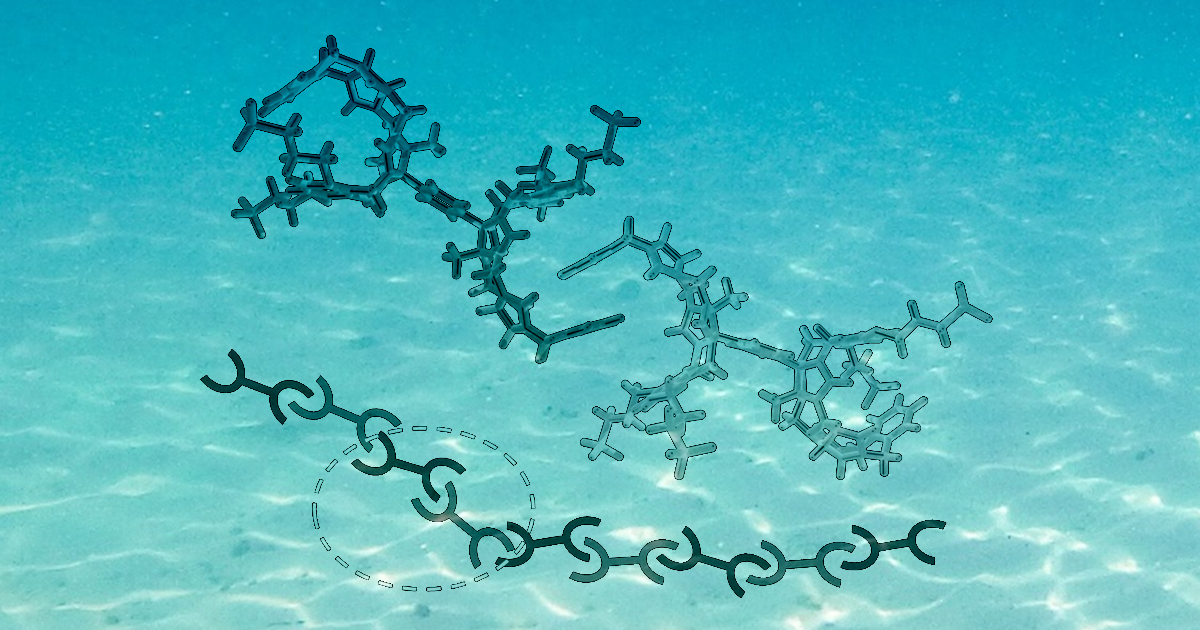Programmable and Stimulus-Responsive Supramolecular Assemblies
A special issue of Chemistry (ISSN 2624-8549). This special issue belongs to the section "Supramolecular Chemistry".
Deadline for manuscript submissions: closed (31 October 2023) | Viewed by 14295

Special Issue Editors
Interests: poly-dentate aromatic ligands; functional supramolecular complexes; re-programmable molecular systems; ditopic cryptate-containing sensors
Interests: organic synthesis; polymer chemistry; fluorescent sensing; stimuli-responsive materials; self-healing polymers
Special Issues, Collections and Topics in MDPI journals
Special Issue Information
Dear Colleagues,
Supramolecular assemblies are assembled from two or more molecules through various noncovalent and reversible bonding modes, such as hydrogen bonding, metal–ligand bonding, cationic–anionic electrostatic interactions, hydrophobic–hydrophilic interactions, aromatic interactions, and charge-transfer interactions. The correct use of these interactions allows the chemist to control a disordered system of pre-existing compounds and form an organized structure as a result of specific pre-programmed interactions among the initial components. This results in structurally complex architectures that are not only intrinsically interesting, but are also inherently pleasing, as molecular order can be formed from chemical chaos.
One of the most important fundamentals of self-assembly is the inherent information contained within the pre-existing components. This information is expressed during the self-assembly process and controls the resultant supramolecular architecture. As a result, these pre-existing components are considered as pre-programmed and minor changes in this chemical information and can have a dramatic effect on the self-assembly process and the resultant architecture.
Another area of self-assembly control is the use of an external stimulus, which gives an added layer of influence, allowing manipulation of the size, shape, and molecular composition of the resultant assemblies. Formation of supramolecular systems that can be affected by electric fields, pH, temperature, and ionic strength is an emerging and important area of study.
This Special Issue of Chemistry is intended to present the recent advances in programmable and stimulus-responsive supramolecular assemblies. Authors are encouraged to submit various types of articles that address this theme in this Special Issue. Topics include, but are not limited to, the following:
(1) Metallosupramolecular self-assembly;
(2) Stimuli-responsive supramolecular polymers;
(3) Host–guest complexes;
(4) Hydrogen-bonded guided self-assembly;
(5) Self-assembly of organic materials;
(6) Design, synthesis, and characterization.
Please note that invited manuscripts are not guaranteed final acceptance and all submitted manuscripts will undergo vigorous external evaluation.
Prof. Dr. Craig Rice
Guest Editor
Dr. Lei Li
Guest Editor Assistant
Manuscript Submission Information
Manuscripts should be submitted online at www.mdpi.com by registering and logging in to this website. Once you are registered, click here to go to the submission form. Manuscripts can be submitted until the deadline. All submissions that pass pre-check are peer-reviewed. Accepted papers will be published continuously in the journal (as soon as accepted) and will be listed together on the special issue website. Research articles, review articles as well as short communications are invited. For planned papers, a title and short abstract (about 250 words) can be sent to the Editorial Office for assessment.
Submitted manuscripts should not have been published previously, nor be under consideration for publication elsewhere (except conference proceedings papers). All manuscripts are thoroughly refereed through a single-blind peer-review process. A guide for authors and other relevant information for submission of manuscripts is available on the Instructions for Authors page. Chemistry is an international peer-reviewed open access monthly journal published by MDPI.
Please visit the Instructions for Authors page before submitting a manuscript. The Article Processing Charge (APC) for publication in this open access journal is 1800 CHF (Swiss Francs). Submitted papers should be well formatted and use good English. Authors may use MDPI's English editing service prior to publication or during author revisions.
Keywords
- self-assembly
- supramolecular assembly
- programmable molecules
- stimulus-responsive assemblies
- supramolecular assembly
- host–guest chemistry
- crystal enginering
Benefits of Publishing in a Special Issue
- Ease of navigation: Grouping papers by topic helps scholars navigate broad scope journals more efficiently.
- Greater discoverability: Special Issues support the reach and impact of scientific research. Articles in Special Issues are more discoverable and cited more frequently.
- Expansion of research network: Special Issues facilitate connections among authors, fostering scientific collaborations.
- External promotion: Articles in Special Issues are often promoted through the journal's social media, increasing their visibility.
- Reprint: MDPI Books provides the opportunity to republish successful Special Issues in book format, both online and in print.
Further information on MDPI's Special Issue policies can be found here.






